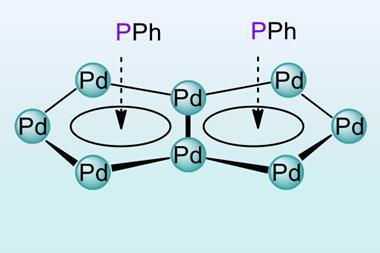Canadian union says dangerous compounds were used without proper worker protection
Workers at the General Electric (GE) plant in Peterborough, Ontario were exposed to a range of toxic chemicals from 1945 to 2000, including asbestos, arsenic, vinyl chloride, beryllium, formaldehyde, trichloroethylene (TCE), polychlorinated biphenols, uranium and lead compounds, according to a new report released by Unifor, Canada’s largest union in the private sector. The document was presented to Ontario’s Workplace Safety and Insurance Board (WSIB) – an independent trust that administers compensation for workplaces – on 18 May.
The Unifor report, led by occupational health researchers Robert and Dale DeMatteo with a core research team consisting of 10 retirees from the GE plant, alleges that these chemicals were used in large quantities and handled directly without proper protection. For example, the report claims that TCE was used in large heated vats, and was applied by hand by hundreds of workers to wipe down large surfaces. The US Environmental Protection Agency has deemed TCE carcinogenic to humans, as has the US federal National Toxicology Program.
GE maintains that its Peterborough plant has operated for over 125 years, employing tens of thousands of workers, and its practices have remained within the laws of the time. ‘Throughout its operation, GE has adhered to the health and safety practices that were appropriate for the time, and enhanced those practices as scientific research and best practices in industrial health and safety emerged,’ the company said in a statement.
GE said that it has cooperated with the WSIB, providing information in response to employee claims as requested, and will continue to do so. The company is aware of Unifor’s new report, but stated that it has not had an opportunity to review the document and therefore could not comment on its contents.

















No comments yet